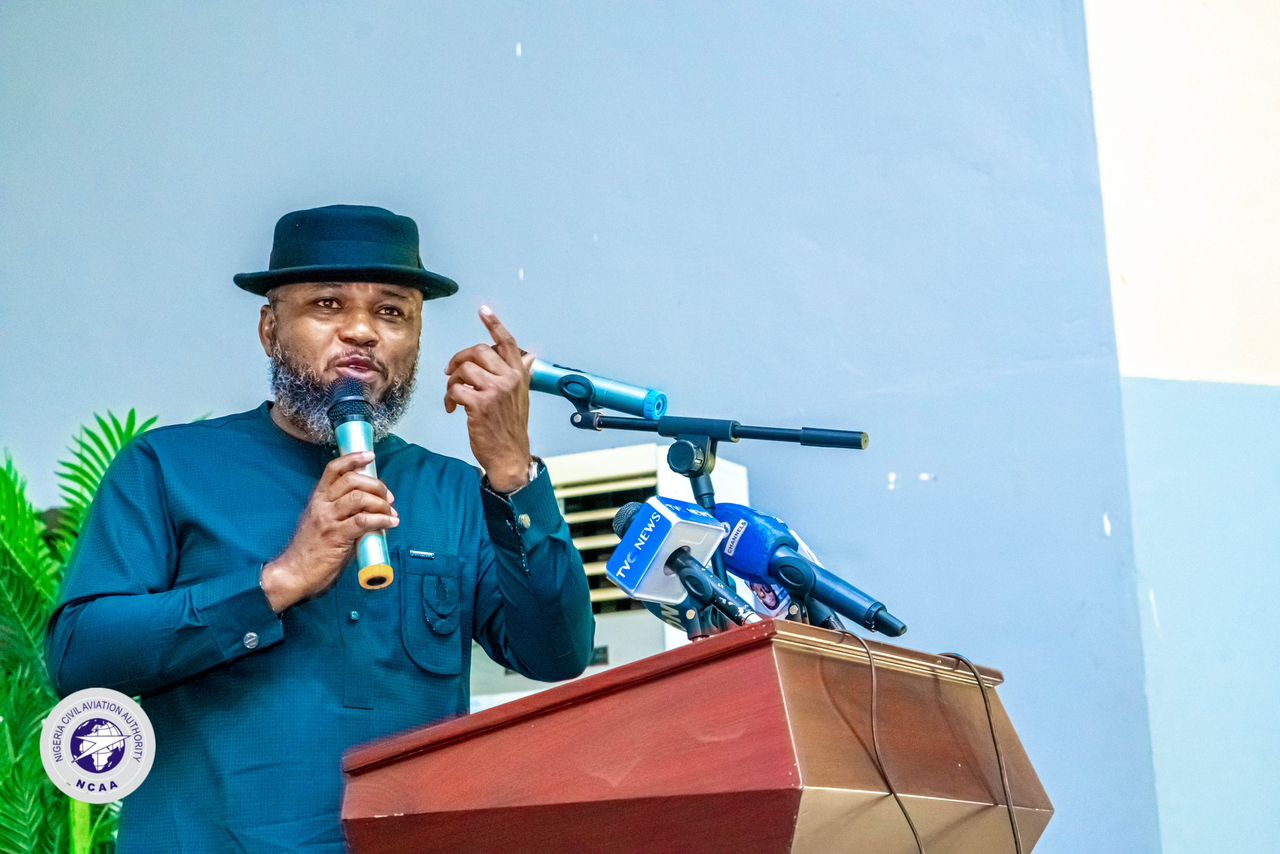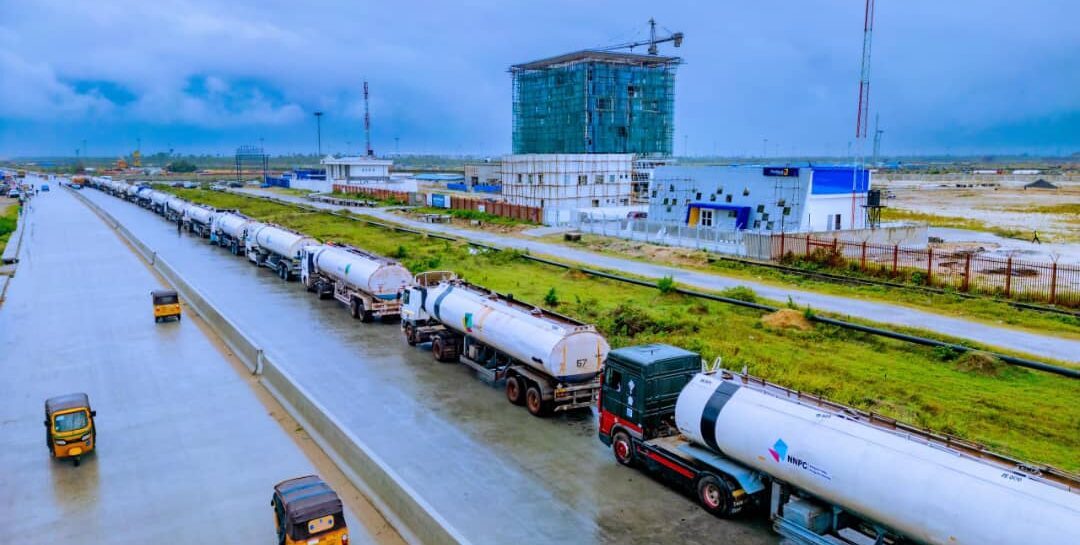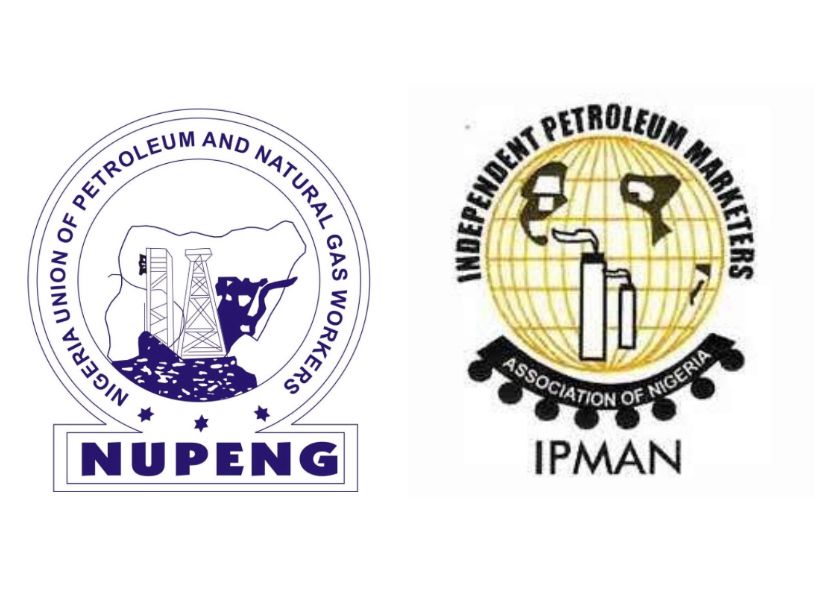Emma Okonji
The General Manager for Microsoft Nigeria and Ghana, Abideen Yusuf, has explained how Nigeria can progress from pockets of Artificial Intelligence (AI) innovation to a thriving AI economy, by making AI technology widely accessible across the country.
According to him, if the first three industrial revolutions have taught Nigerians anything, it’s that a nation’s progress depends largely on its ability to disseminate specific technologies, since not all technologies are equal. Some are single-purpose technologies, such as lawn mowers or smoke detectors, designed to excel at one specific task. Others are general-purpose technologies (GPTs) like electricity and the internet, with the power to redefine entire economies.
Yusuf, in a statement, said AI would largely be regarded as the general-purpose technology of our time, predicted to transcend any other technological breakthrough that’s gone before.
He cited Price Waterhouse Coopers (PwC), which predicted that the technology could contribute more than $15 trillion to the global economy in 2030, which is comparable to the current outputs of China and India combined.
“In recent years, there has been a surge of excitement and determination to harness AI for both social and economic development for good reason. The possibilities are immense: Lagos, for instance, has emerged as a leading tech hub, boasting rapid growth in venture capital, startups, and value creation. According to the Dealroom Global Tech Ecosystem Index, Lagos is fast establishing itself as a prominent force on the world stage of technological innovation.
“It’s well recognised that Nigeria is already producing AI innovation. The focus now must be on making the technology widely accessible across the country. Economists note that true economic growth comes from not just leading in GPT innovation but also adopting essential GPTs across the economy,” Yusuf said in the statement.
Addressing how tobuild an AI economy in Nigeria, Yusuf saidit wouldrequire a holistic approach to several interconnected policy priorities, such as: Cultivating a strong AI ecosystem;Developing an AI-ready workforce; and Enabling the shift from consumers to producers of AI.
In cultivating a strong AI ecosystem, Yusuf said, given the transformative potential of AI, it would be crucial to establish a robust foundation for its growth and integration, adding that AI is developed on a tech stack similar to a building structure, starting from the bedrock of infrastructure like power and chips, and extending to the innovative applications that businesses and consumers use daily. “To nurture a vibrant AI ecosystem, it’s essential to begin with the infrastructure tier that forms the backbone of any advanced technological progress.
Just as electricity relies on power plants, AI depends on datacentres and robust infrastructure. Recognising this need, companies such as Microsoft have proactively invested in critical components such as Africa’s first datacentres as well as Edge Nodes in Nigeria. These investments deliver faster networks and improved access to cloud services for local businesses, strengthening Nigeria’s digital ecosystem and paving the way for widespread AI adoption.
“Despite this, African countries such as Nigeria are still considered ‘waking up’ or ‘nascent’ in AI investment, according to Oxford Insight’s Global AI Index. Indeed, AI capabilities are doubling every six months, requiring constant investment to maintain cutting-edge infrastructure. It’s for this reason; we can expect to see ongoing strategic investments from organisations across both the public and private sectors to expand advanced infrastructure in strategic locations on the continent. Industry leaders will increasingly be required to combine forces to drive the scale of impact needed, partnering to develop entire digital ecosystems, built on investment in state-of-the-art datacenters,” Yusuf said.
He insisted that collaborations remained crucial, especially at the platform layer, where data is transformed into sophisticated models through extensive training, adding that the aim is to enable individuals to use the technology and drive innovation at the application layer, fostering progress and opportunity across the continent.
In the area of developing an AI-ready workforce, Yusuf said organisations across any economy can’t effectively embrace new technology without a workforce that knows how to use it. According to him, Nigeria has a unique role to play in creating this pool of skilled young people to power the advancement of AI, not just in the local economy, but in the global economy too.
“While sub-Saharan Africa currently holds the lowest ranking on the 2024 AI Readiness Index, the region is steadily advancing in AI development. Notably, the 3MTT programme, launched by the Federal Ministry of Communications, Innovation and Digital Economy, is nurturing a new wave of technical talent in pursuit of two million digital jobs by year’s end. By early 2024, an impressive four million Nigerians had already interacted with the platform, signalling strong momentum toward a digitally empowered workforce,” Yusuf said.
In the area of enabling shift from consumers to producers of AI, Yusuf explained that by focusing on diffusing AI throughout the country, Nigeria has a unique opportunity to change the course of history.
“We can become not just consumers of AI, but also producers of the technology for the rest of the world. In successfully developing a thriving AI economy, we can drive economic growth, foster innovation, and position Nigeria as a leader in the global AI landscape,” Yusuf said.
The post How Nigeria Can Move from AI Innovation to Thriving AI Economy appeared first on THISDAYLIVE.




